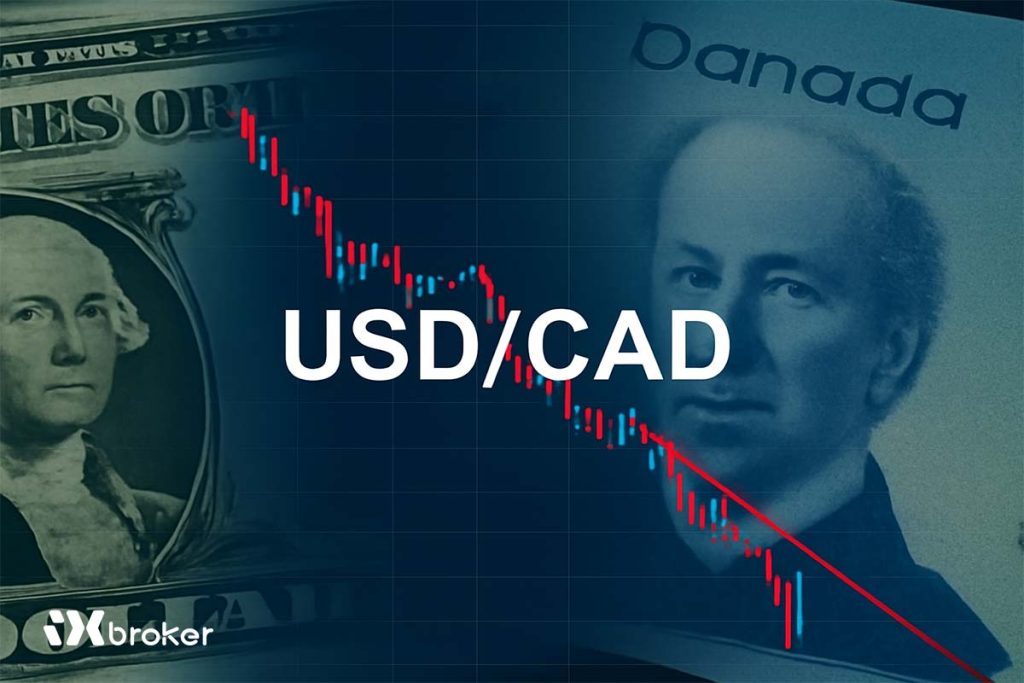FOMO – the fear of missing out – is no longer limited to social outings or viral trends. In today’s digital landscape, it increasingly affects how people spend, save, and invest. From TikTok creators touting overnight crypto wins to friends showcasing luxury purchases, the pressure to “keep up” can quietly undermine long-term financial stability.
According to recent surveys, social comparison now plays a major role in overspending and high-risk investment decisions. And when anxiety – rather than strategy – drives your financial moves, costly mistakes often follow.
What financial FOMO really means
Financial FOMO occurs when you chase money-related opportunities because you feel others are benefiting from them. This might mean jumping into speculative assets, splurging during sales, or rushing major financial choices simply because “everyone else” seems to be doing it.
Experts say social media is a primary trigger. A recent Empower survey found that half of respondents feel pressure to spend after seeing what others buy online.
“As a society, we are very uncomfortable talking about finances, and it can cause people to overspend to keep up with appearances,” said Julie Beckham, financial education officer at Rockland Trust Bank.
But while impulse purchases can deliver short-term satisfaction, Beckham notes they often lead to long-term regret.
how financial FOMO can derail your money goals
When fear of missing out becomes the basis for financial decisions, long-term planning often gets pushed aside. Common consequences include:
Impulse spending on limited-time deals: Flash sales and influencer favorites create a false sense of urgency, pulling money away from savings goals.
Lifestyle creep driven by comparison: Watching peers upgrade their lifestyle can make unnecessary spending feel justified, gradually shrinking your savings.
Unnecessary debt accumulation: FOMO-fueled purchases put more consumers on credit cards, where high interest rates can quickly outpace savings.
Risky investment choices: Chasing hype – from meme stocks to speculative crypto – often leads to losses once market sentiment shifts.
Losing sight of long-term priorities: Constant comparison can distract from personal financial goals and timelines.
Still, not all FOMO is destructive. Empower’s survey shows that for some, FOMO sparks positive action – like starting a savings account, improving debt repayment, or finally investing. The challenge is channeling that motivation in the right direction.
Turning FOMO into financial discipline
Harnessing FOMO constructively requires reframing your mindset and building habits that support long-term financial health.
Create an intentional spending plan
Beckham emphasizes the importance of structured planning: “Starting early and saving and budgeting consistently can really pay off… It feels a lot better to save for a year to go away than to spend the next year paying for that vacation plus interest.”
A values-based budget helps you assess whether a purchase supports what truly matters to you – or merely satisfies short-term pressure.
Remove the temptation
Managing what you consume online can reduce triggers. Adjust ad settings, limit screen time, and curate your feeds to avoid content that encourages impulsive spending. If you don’t see what you’re “missing,” you’re less likely to act on it.
Get comfortable with saying no
Declining costly outings is not a failure – it’s self-protection. Being transparent with friends and family can ease the pressure and may lead to more affordable ways to stay connected.
Financial FOMO is powerful, but with awareness and planning, it can become a motivator instead of a setback. The key is staying focused on your own priorities – not someone else’s highlight reel.



